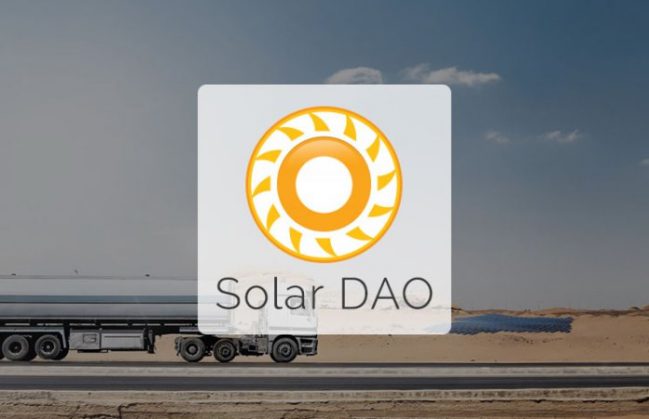Touted as the next big wave in economy-wide digital technology disruption, the hype surrounding Blockchain continues even as organizations temper their appetites for investing in Blockchain ventures and startups.
Third-quarter investment in Blockchain and Bitcoin dropped to $87 million from 2Q’s $119 million and 1Q’s $153 million, according to the KPMG-CB Insights’ ¨Pulse of Fintech Q3’16.¨ Deal volume has been dropping as well – from 22 venture capital transactions in 1Q to 17 in 2Q and 13 in 3Q.
That said, interest and activity remains high, particularly in the banking and financial services sector. The Bundesbank and Deutsche Börse, Germany’s central bank and stock exchange, for instance, have built and intend to test a Blockchain platform for securities trading settlement, clearance and administration.
Interest and investment isn’t limited to banking and finance. Notably, blockchain-based supply chain project ventures have been launched, Lux Research’s Isaac Brown points out in the latest issue of Lux Quarterly. Traditionally very cautious when it comes to technological innovation and change, blockchain is also making inroads in the power and energy sector.
A Commercial Blockchain Ecosystem Emerges
A Blockchain economic ecosystem is emerging, one comprised of ¨vertical solution providers, horizontal platform developers, a handful of core infrastructure enablers and enterprises who are developing products or contributing code to other projects,¨ Brown, who leads Lux Research’s Industrial Internet of Things (IioT) research, highlights in ¨Does My Company Need a Blockchain Strategy Now?.¨

Brooklyn, New York-based LO3 Energy is pushing its Ethereum Blockchain-based Transactive Grid platform forward in the U.S. and power and energy markets overseas. Marking an energy industry first, this past week LO3 announced a global microgrid platform development partnership with Siemens and won two energy industry innovation prizes in Europe.
¨In peer-to-peer applications like LO3’s, we’ve seen several new deployments lately. Power Ledger in Australia offers blockchain-based peer-to-peer trading, as does Powerpeers in the Netherlands. Logging and transacting renewable energy credits (RECs) or tokens similar to RECs is another place we’ve seen a lot of activity, from companies like SolarCoin and Volt Markets.¨
Katrina Westerhof, Lux Research
Barriers to Commercial Use
The power market landscape is complex. It’s still too early, and developments are occurring too quickly, to quantify the potential value blockchain-based distributed energy trading and resource management technology may hold, Westerhof continued. Several barriers will have to be overcome, however, she noted.
¨Regulatory barriers and strong, conservative incumbents will mean slow adoption of a technology like blockchain – which is generally the case with new technologies in the power sector.
¨On the technology side, there are still a lot of unanswered questions about blockchain in the power sector that technology developers, utilities, and regulators will need to figure out. [A]s immature as it is, there is not yet a consensus on factors like the type of blockchain, the structure of the blockchain solution, and the role of cryptocurrencies in power applications.¨
Blockchain First Movers

Brown singled out several industry sectors where prospective Blockchain platforms hold promise. ¨Power is certainly a first mover, with some interesting things happening. Of course, financial services was the first and is still the largest area of application. Beyond those, we expect that supply chain, healthcare, media, and IoT will be among the next use cases.
¨Interesting things are already happening with supply chain from startups like Skuchain, Provenance, Chronicled, and Blockfreight – Skuchain in fact just did a POC (proof of concept) to automate an international trade, very cool stuff.¨
Summing up in his Lux Quarterly article Brown wrote: ¨Blockchain has the potential to be transformational, but just as with any new technology, excitement about blockchain is far ahead of utility.¨
¨The opinions around blockchain range from viewing it as industry-transforming to a promising option for only a few specific use cases. The truth is somewhere in the middle: blockchain is a promising development that will provide many valuable solutions, but it is dangerous for stakeholders to take a ‘blockchain-first’ approach, one in which they throw blockchain at everything.¨




